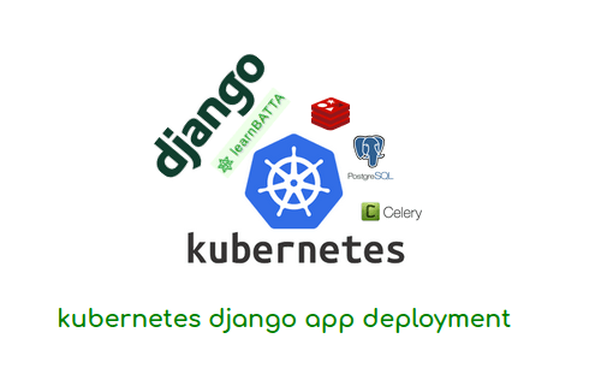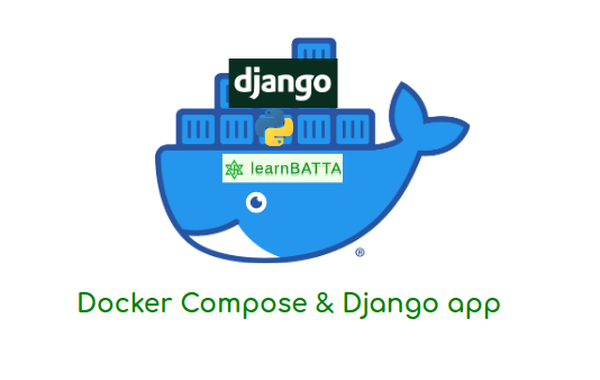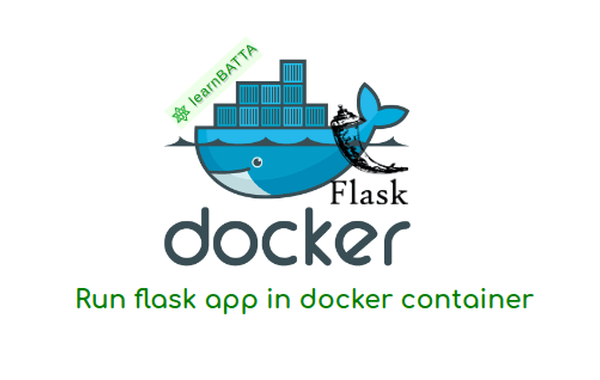kubernetes django app deployment¶

Kubernetes has awesome deployment features. Deploying the django application with kubernetes even more awesome. We can use kubernetes cloud providers like Googles GKS, Amazons EKS and for local environment we can use microk8s.
Setting up microk8s in local environment¶
To install microk8s in local environment execute the below commands
sudo snap install microk8s --classic --channel=1.16/stable
sudo usermod -a -G microk8s $USER
su - $USER microk8s.status --wait-ready
After installation enable the DNS to allow services to communicate with one another using below command
microk8s.enable dns storage
Now, open ~/.bashrc and below line at the end of the file.
alias k8s="microk8s.kubectl"
Deploying the django app in micro kubernetes¶
I've written the deployment docs and django app and pushed the project to the github. We can find it at https://github.com/AnjaneyuluBatta505/kubernetes_django.
Clone kubernetes_django repo¶
git clone git@github.com:AnjaneyuluBatta505/kubernetes_django.git
Setting up postgres service¶
In the postgres we have 4 yaml configuration files.
secrets.yaml- Useful when using secret environment varibles in the appsvolume.yaml- Persistent Volume for Postgres databasevolume_claim.yaml- This claim lets our deployment application store its data in an external location, so that if one of the application’s containers fails, it can be replaced with a new container and continue accessing its data stored externally, as though an outage never occurred.deployment.yaml- Deployment to start the application containersservice.yaml- Allows other apps to comminicate with it's related deployment(i.e pods/containers)
Now, create above objects in kubernetes using below commands
k8s apply -f kubernetes/postgres/secrets.yaml
k8s apply -f kubernetes/postgres/volume.yaml
k8s apply -f kubernetes/postgres/volume_claim.yaml
k8s apply -f kubernetes/postgres/deployment.yaml
k8s apply -f kubernetes/postgres/service.yaml
We have successfully created the postgres service in k8s(i.e kubernetes cluster).
Setting up redis service¶
In the redis we have 2 yaml configuration files. To setup the redis service in k8s execute the below commands
k8s apply -f kubernetes/redis/deployment.yaml
k8s apply -f kubernetes/redis/service.yaml
Setting up django app¶
In django app we have 3 yaml configuration files. To setup the django app in k8s execute the below commands
k8s apply -f kubernetes/django/job-migration.yaml
k8s apply -f kubernetes/django/deployment.yaml
k8s apply -f kubernetes/django/service.yaml
Setting up celery app¶
In celery app we have 2 yaml configuration files. To setup the django app in k8s execute the below commands
k8s apply -f kubernetes/celery/beat-deployment.yaml
k8s apply -f kubernetes/celery/worker-deployment.yaml
Setting up celery-flower app¶
In flower app we have 2 yaml configuration files. To setup the django app in k8s execute the below commands
k8s apply -f kubernetes/flower/deployment.yaml
k8s apply -f kubernetes/flower/service.yaml
How to debug the pods for errors if any failures occurs ?¶
$ k8s get po
NAME READY STATUS RESTARTS AGE
celery-beat-75b5f954-m2pzj 1/1 Running 0 64m
celery-worker-56fc7b88f5-shd87 1/1 Running 0 61m
django-688f76f576-kt4h6 1/1 Error 0 60m
django-migrations-mhng7 0/1 Completed 0 59m
flower-77bf99c799-9drnp 1/1 Running 87 20h
postgres-76dc76ffbb-hzmdc 1/1 Running 2 23h
redis-76f6f4857b-srxlw 1/1 Running 1 20h
We can debug the pod failure using command k8s logs <pod name>. Sometimes k8s describe <name of k8s object>
How to access the django app in our local browser¶
$ k8s get svc
NAME TYPE CLUSTER-IP EXTERNAL-IP PORT(S) AGE
django-service NodePort 10.152.183.146 <none> 8000:32693/TCP 21h
flower-service NodePort 10.152.183.170 <none> 5555:30675/TCP 21h
kubernetes ClusterIP 10.152.183.1 <none> 443/TCP 25h
postgres-service ClusterIP 10.152.183.151 <none> 5432/TCP 24h
redis-service ClusterIP 10.152.183.89 <none> 6379/TCP 21h
Visit url "10.152.183.146:8000" (i.e CLUSTER-IP:PORT). It's just for testing.
References:

